Syria
Egyptian Foreign Minister Sameh Shukri will visit Syria and Turkey on Monday, two countries with which Cairo had been on diplomatic ice for a decade before a recent warming, his office said Sunday.
This visit "is a message of solidarity from Egypt with these two brotherly countries after the earthquake" of February 6 that killed nearly 46,000 people in Turkey and Syria, said the ministry statement.
The day after the earthquake, Egyptian President Abdel Fattah al-Sissi called his Syrian counterpart Bashar al-Assad, an unprecedented conversation between the two heads of state.
Sissi then called Turkish President Recep Tayyip Erdogan, his former arch-enemy with whom he exchanged his first-ever handshake in November at the World Cup in Qatar.
The Egyptian and Syrian heads of diplomacy also spoke by phone and Cairo sent several humanitarian aid planes to Syria and Turkey.
Mr Assad has been diplomatically isolated, especially from the Arab scene - Syria is still suspended from the Cairo-based Arab League - since the start of the crackdown on a popular uprising that began in 2011 and escalated into civil war.
- Damascus is coming out of its isolation -
But since the earthquake that devastated Syria and Turkey, Arab countries have resumed contact and sent aid to Damascus, which could take advantage of the drama to break out of its diplomatic isolation, experts say.
In the Arab League, for several years, capitals led by Baghdad in particular, have been gaining more and more supporters for a return of Syria within the organization, deeply divided and losing momentum.
On Sunday, a first step could have been taken as a delegation of heads of Arab parliaments was welcomed by Mr Assad.
Among them was Egyptian Parliament Speaker Hanafy El-Gabaly, described by the Egyptian state press as "the highest Egyptian leader received in Damascus" for over a decade.
Relations between Cairo and Damascus have never been completely severed and the most senior Syrian security official, General Ali Mamlouk, had even made his first publicised visit to Cairo in 2016 since the start of the war in Syria in 2011.
With Turkey, relations have only recently warmed up, while Cairo and Ankara have been at loggerheads since Mr. Sissi came to power in 2013.
Mr Erdogan, a strong ally of the late Egyptian president Mohamed Morsi, a member of the Muslim Brotherhood, said at the time that he would "never" talk to "someone like" Mr Sissi.
But in November, after returning from the G20 summit in Indonesia, the Turkish president said he was ready to "start from scratch" with Cairo.
Shortly afterwards the two men shook hands in Qatar and Ankara immediately published the photo.
The two men "reaffirmed the depth of the historical ties between the two countries and peoples" and decided on "the beginning of the development of bilateral relations", Cairo said at the time.
Ankara, a major supporter of the Muslim Brotherhood, and Cairo, which considers them as "terrorists", however, support opposing camps in Libya: Turkey has sent military advisers and drones against Marshal Khalifa Haftar, a strong man in the east, supported in particular by Egypt.
On the trade front, the two countries have strengthened their exchanges: they have risen from 4.4 billion dollars in 2007 to 11.1 billion dollars in 2020, notes the Carnegie research centre.



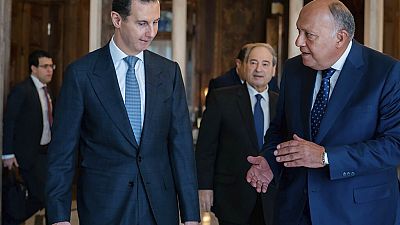


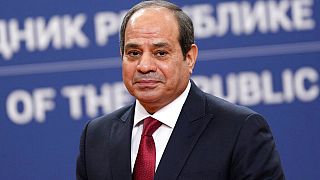
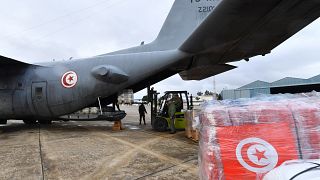
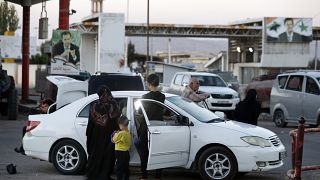
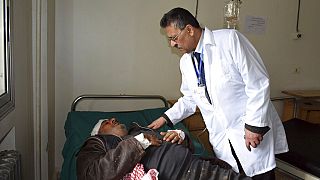
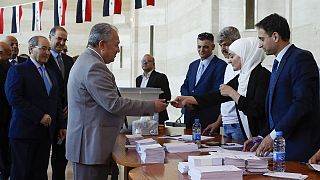



00:58
Egypt says its working to halt Israel's 'aggression' on Lebanon
01:04
Putin congratulates Trump, signals openness to dialogue over U.S.-Russia relations
02:20
Ancient meets modern: contemporary art show opens at Giza Pyramids
01:02
French president in Morocco on visit aiming to strengthen ties
01:55
Uganda invests $3 billion in new railway system for efficient transport
01:08
Türkiye under attack: African nations call out cowardly terrorism